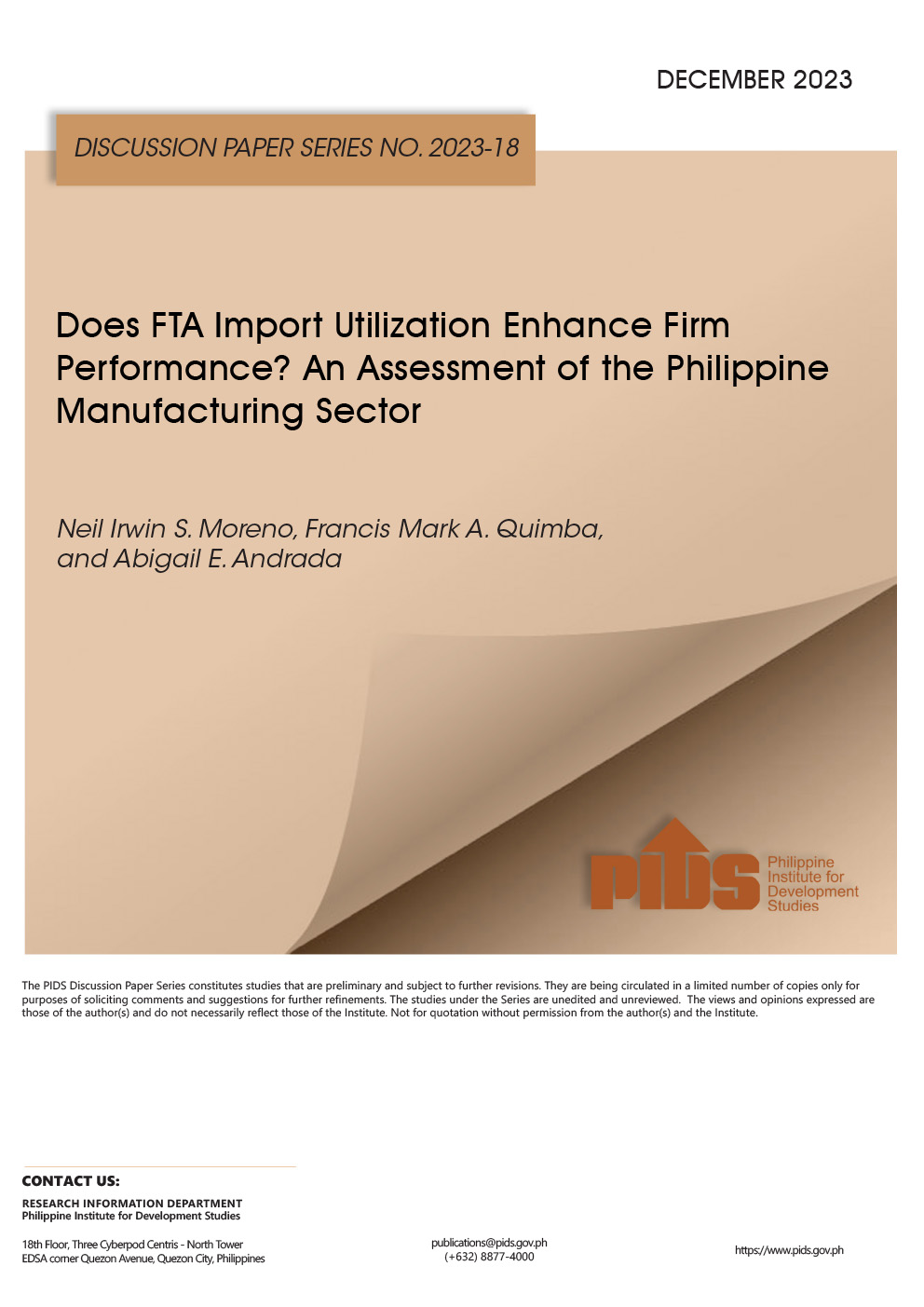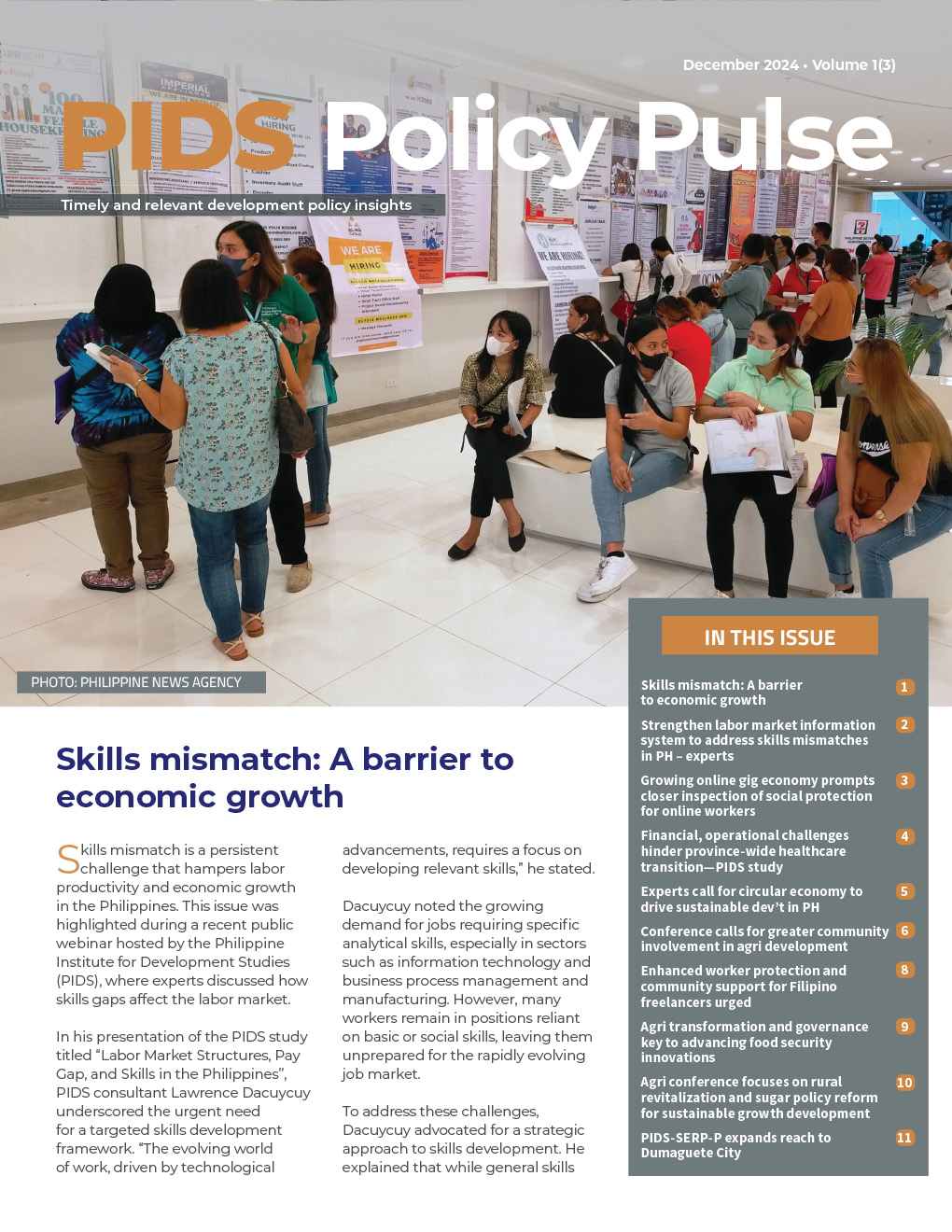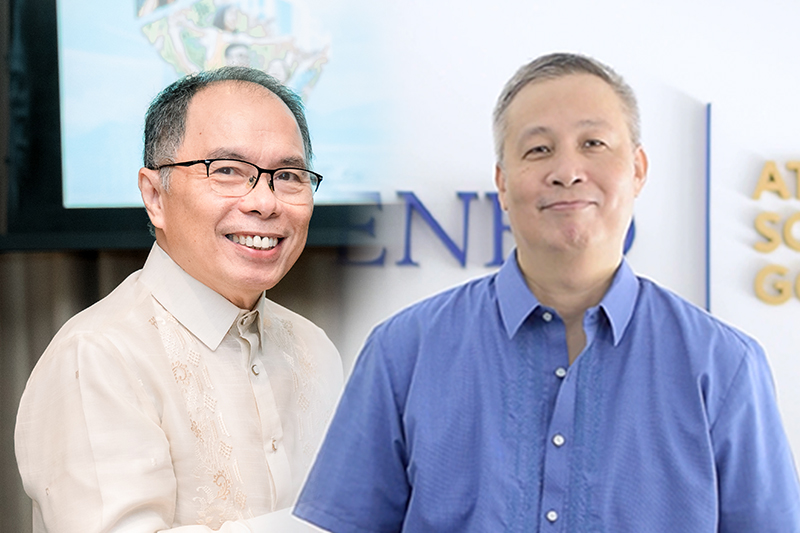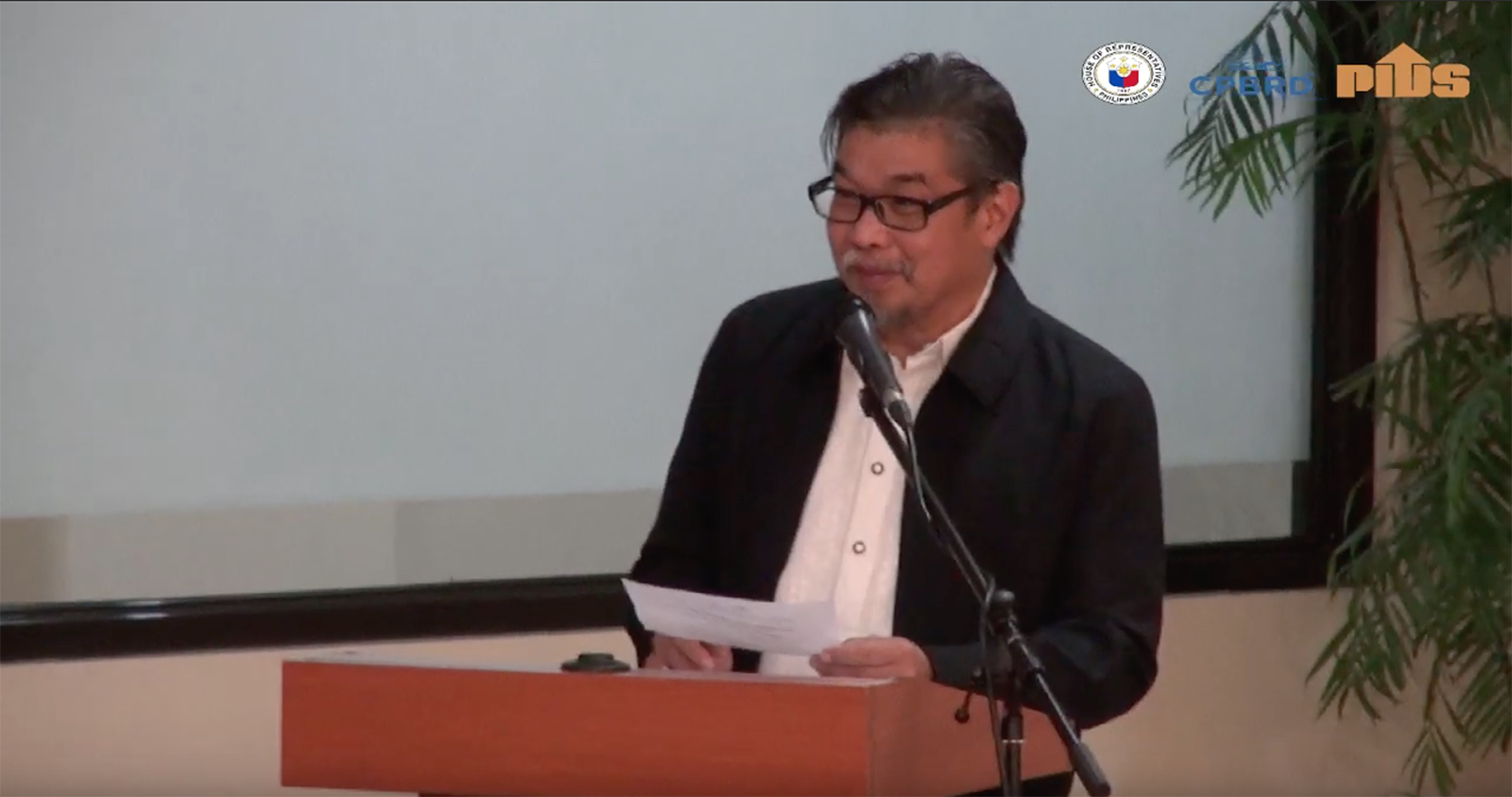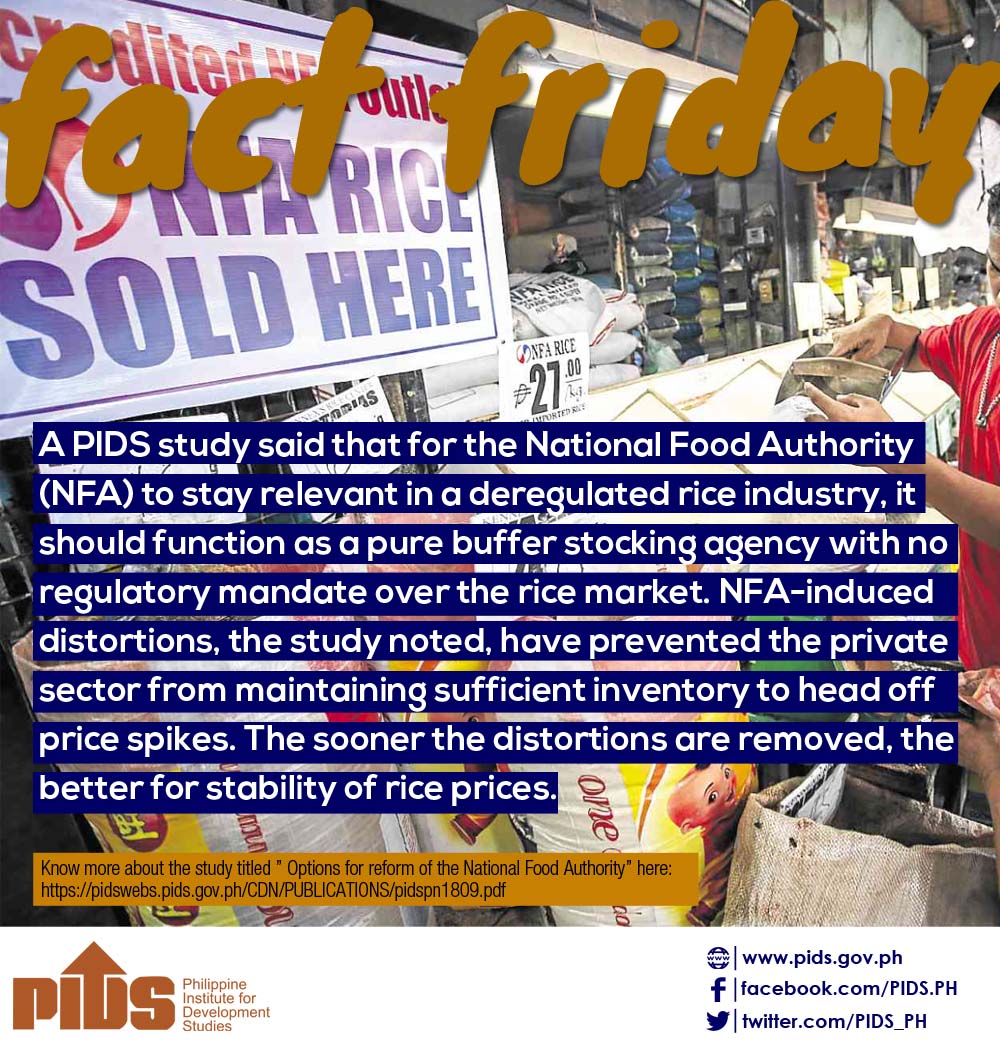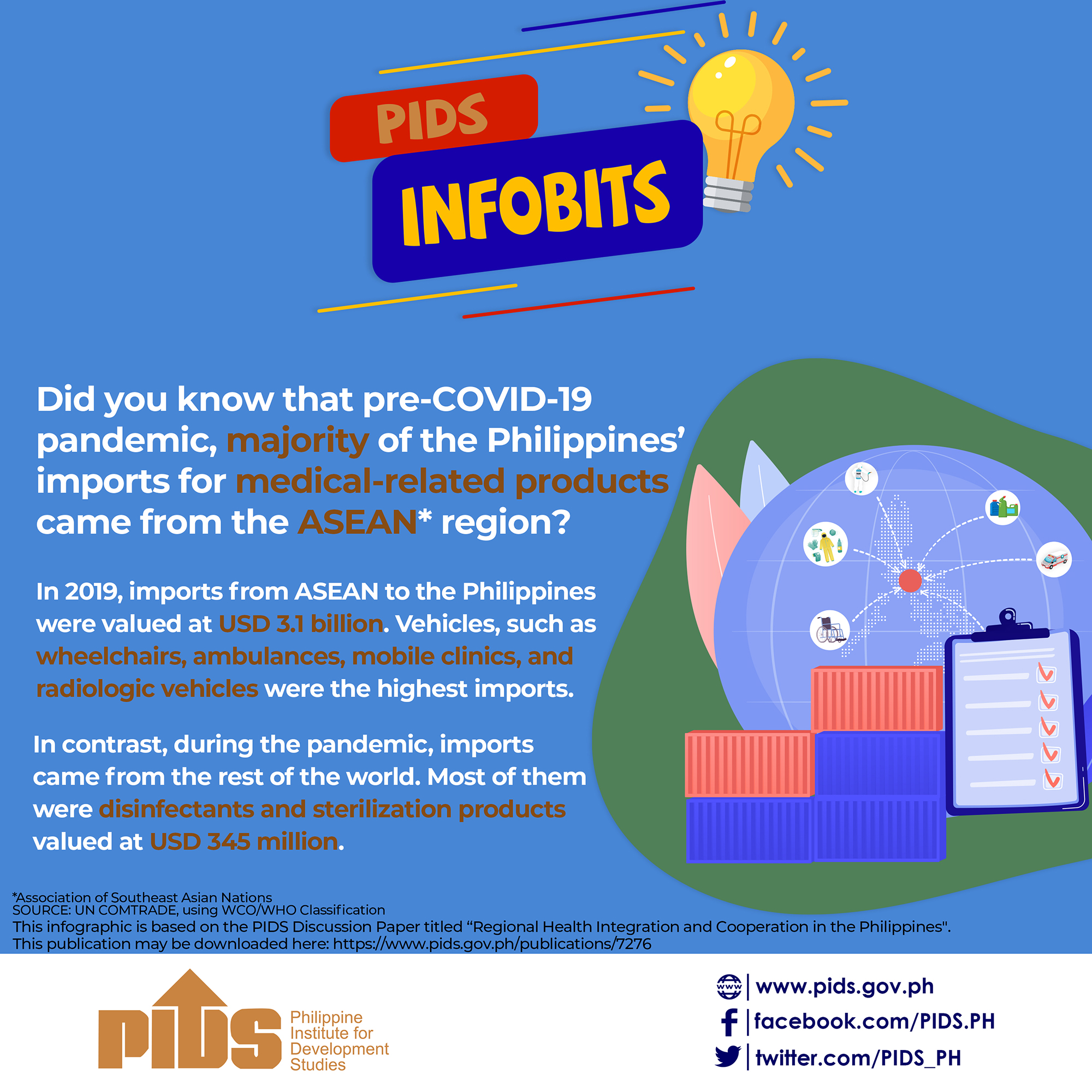A government think tank said the country should no longer seek to extend the protectionist policy on rice through the
quantitative restriction scheme. A report by the Philippine Institute for Development Studies said that instead of pushing for the extension of the quantitative restriction on rice, Manila should negotiate for a tariff rate that offers equivalent protection to its producers. The study written by Roehlano Briones said “the country should [also] negotiate a schedule of [tariff] reduction that would eventually improve rice affordability to consumers.” It said tariffication, which involves the conversion of non-tariff trade barriers into an equivalent tariff, eliminates a system that is “inherently prone” to rent-seeking and co-option of public institutions.
Briones said one “obvious advantage” of tariffying the quantitative restriction is that the government could still earn revenues. The government could win back the “quota rent” by implementing a bidding procedure for allocating the quota, he added. “The second advantage is that the government no longer assumes planning function of computing the annual quota,” it said. It said tariffication avoided the “added uncertainty” from discretionary import targeting which has become a major deterrent to private investment.

